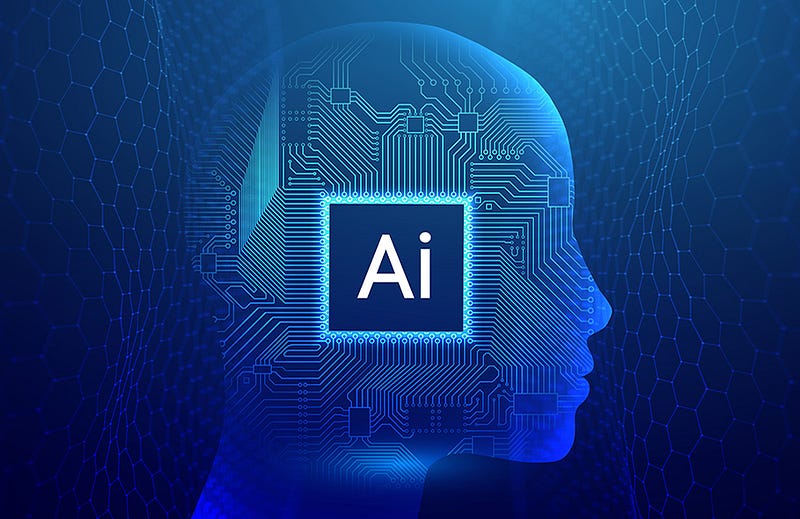The realm of education is undergoing a seismic shift, brought about by the revolutionary advancements in Artificial Intelligence (AI). AI’s transformative potential is increasingly manifesting in the education sector, driving radical changes and promising to redefine the future of learning. This comprehensive exploration will delve into the revolutionary role of AI in education, providing insights into its current applications, future possibilities, and the implications for learners, educators, and the education system as a whole.
AI in Education: A Brief Overview
AI, in simple terms, refers to the capability of a machine or a computer program to mimic human intelligence processes, learn from experiences, adapt to new inputs, and perform tasks that generally require human intelligence. When applied to education, AI can facilitate personalized learning, automate administrative tasks, provide valuable feedback to both learners and teachers, and create a more interactive and engaging learning environment.
How AI is Transforming Education
Personalized Learning
One of the most profound impacts of AI in education is personalized learning. AI algorithms can analyze a student’s performance, identifying strengths and weaknesses, learning pace, and preferred learning style. With this data, AI can customize the learning experience to meet the unique needs of each student. For example, AI-powered educational software can adapt the difficulty level of questions, suggest relevant resources, or modify the teaching approach based on a student’s proficiency and progress.
Automating Administrative Tasks
AI is also streamlining administrative tasks, enabling educators to dedicate more time to instruction and student engagement. AI can automate grading, attendance tracking, scheduling, and even respond to common student inquiries, reducing the administrative burden on teachers and school administrators.
Intelligent Tutoring Systems
AI-driven tutoring systems provide students with one-on-one tutoring, offering explanations, providing feedback, and helping students grasp complex concepts. These intelligent systems can identify gaps in a student’s understanding and offer targeted instructions to bridge those gaps. In this way, AI is ensuring that no student is left behind.
Enhanced Accessibility
AI is increasing the accessibility of education for students with special needs. For instance, AI-powered programs can convert text to speech, provide voice recognition features, and even interpret sign language, thereby making learning more inclusive.
The Future of AI in Education
Looking ahead, the role of AI in education is set to expand even further. Here are some of the developments we can expect:
Immersive Learning Experiences
AI, combined with Virtual Reality (VR) and Augmented Reality (AR), is expected to create immersive learning experiences. This technology could allow students to explore historical events, scientific phenomena, or mathematical concepts in a highly interactive and engaging way.
Predictive Analysis
AI could be used to predict future learning outcomes, enabling educators to identify potential challenges and opportunities for learners. This could be particularly beneficial in designing interventions to assist struggling students or to challenge those who are excelling.
Lifelong Learning
With the pace of change in the job market, lifelong learning is becoming increasingly important. AI could support this by providing personalized, on-demand learning opportunities for people of all ages.
Implications for the Education System
While the prospects of AI in education are exciting, they also raise critical questions. As AI takes a central role in the classroom, educators, policymakers, and society as a whole need to consider the ethical implications, including data privacy and security, the risk of over-reliance on technology, and the need for human interaction in the learning process.
Moreover, as AI becomes more embedded in education, there will be a growing need for educators to acquire new skills and competencies. Teachers will need to understand how AI works and how to effectively integrate it into their teaching.
The advent of AI in education is indeed a game-changer. It offers immense possibilities for enhancing learning outcomes, improving efficiency, and making education more accessible. However, it is crucial to navigate this transformation thoughtfully, ensuring that it serves to enrich the human elements of education rather than replace them. In the end, AI should serve as a tool that amplifies the impact of educators and unlocks the full potential of all learners.
Find more … …
A Comprehensive Guide to Boosting Algorithms in Machine Learning
Transforming Education with AI: A Comprehensive Look at Khan Academy’s GPT-4 Powered Learning Guide
